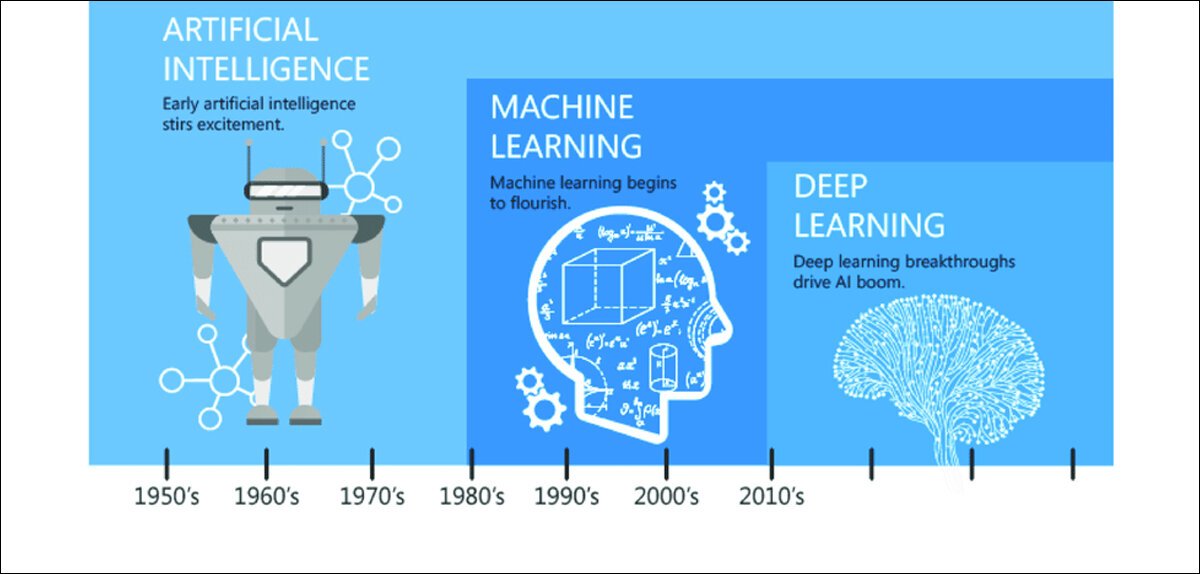In the ever-evolving field of artificial intelligence (AI) and machine learning (ML), the quest for innovative research topics continues to drive the boundaries of technology. For researchers, students, and professionals seeking to delve into the latest advancements, understanding the current landscape of machine learning research topics is crucial. This article will explore compelling research areas within machine learning, providing insights into emerging trends and opportunities for groundbreaking work.
1. Explainable AI: Enhancing Transparency in Machine Learning
One of the most critical areas of research in machine learning is explainable AI (XAI). As machine learning models become more complex, understanding their decision-making processes is essential for building trust and ensuring ethical use. Research in XAI focuses on developing methods to make machine learning models more interpretable and transparent. This involves creating techniques that allow users to understand and trust the outcomes of these models, especially in high-stakes applications such as healthcare and finance.
2. Federated Learning: Decentralizing Machine Learning
Federated learning is an emerging topic in machine learning research that addresses data privacy and security. Instead of centralizing data, federated learning allows models to be trained across decentralized devices or servers while keeping data localized. This approach is particularly relevant for applications in mobile devices and IoT, where data privacy is a significant concern. Research in this area aims to improve the efficiency and effectiveness of federated learning systems while ensuring robust privacy protections.
3. Reinforcement Learning: Advancing Autonomous Systems
Reinforcement learning (RL) continues to be a dynamic research topic within machine learning. RL involves training models to make decisions by rewarding desirable actions and penalizing undesirable ones. This research area has seen significant advancements in autonomous systems, such as self-driving cars and robotics. Current studies focus on enhancing RL algorithms to handle more complex environments, improve sample efficiency, and enable real-world applications.
4. Transfer Learning: Leveraging Knowledge Across Domains
Transfer learning is a technique that allows models to apply knowledge gained from one task to improve performance in another related task. This approach is especially useful when there is limited data available for a new task. Research in transfer learning explores methods to enhance the transferability of learned features and adapt models to diverse domains. This area of study has implications for various fields, including natural language processing and computer vision.

5. Generative Adversarial Networks (GANs): Creating Realistic Synthetic Data
Generative adversarial networks (GANs) are a fascinating topic within machine learning research. GANs consist of two neural networks—the generator and the discriminator—that work in opposition to create realistic synthetic data. Recent research in GANs aims to improve the quality and diversity of generated data, which has applications in data augmentation, creative industries, and simulation environments. Advances in GANs can significantly impact how data is generated and utilized across various domains.
6. Robustness and Security in Machine Learning Models
As machine learning models are deployed in critical applications, ensuring their robustness and security is paramount. Research in this area focuses on identifying vulnerabilities in machine learning systems and developing strategies to safeguard against adversarial attacks. This includes improving the resilience of models to noisy data, attacks, and manipulations. Enhancing the security and robustness of machine learning models is crucial for their reliable deployment in real-world scenarios.
7. Ethical AI: Addressing Bias and Fairness
The ethical implications of AI and machine learning are increasingly coming under scrutiny. Research on ethical AI focuses on identifying and mitigating biases within machine learning models to ensure fairness and equity. This includes developing techniques to detect and correct biases in training data and model outputs. Addressing ethical concerns in machine learning is essential for creating responsible AI systems that benefit all users.
Read More: Behind the Headlines: The Emotional Toll of Anil Arora’s Suicide on His Family
Conclusion
Machine learning research topics are as diverse as they are groundbreaking. From enhancing transparency and decentralizing data to advancing autonomous systems and ensuring ethical AI practices, the field of machine learning continues to offer exciting opportunities for exploration and innovation. By focusing on these cutting-edge research areas, researchers and practitioners can contribute to the development of more robust, efficient, and ethical machine learning technologies.
For those interested in diving deeper into these machine learning research topics, exploring current studies and ongoing projects in these areas can provide valuable insights and inspire future research endeavors.







